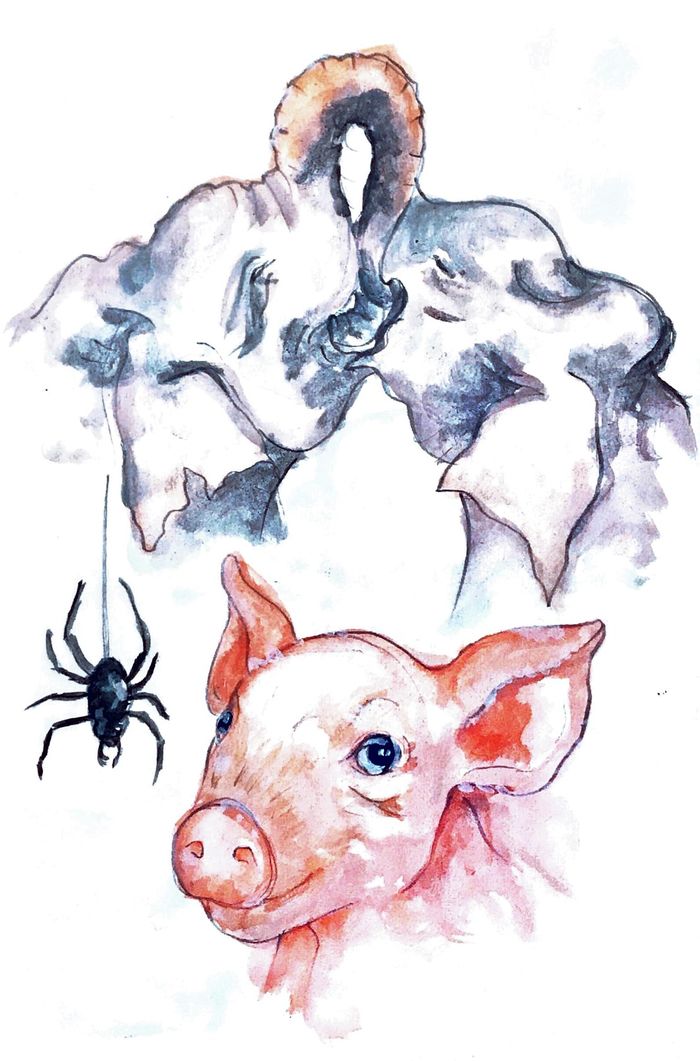Is empathy uniquely human? [View all]
Non-human animals aren’t just “mindless machines” — they can think and feel as we do, writes Erin Tan
"As Darwin said, between humans and non-human animals, the differences in our minds are those of degree, and not of kind."
BILIANA TCHAVDAROVA TODOROVA
by Erin Tan
Friday March 12 2021, 12:00am

"As Darwin said, between humans and non-human animals, the differences in our minds are those of degree, and not of kind."
BILIANA TCHAVDAROVA TODOROVA
by Erin Tan
Friday March 12 2021, 12:00am
Share on PinterestShare on LinkedIn
202 shares
All of us grew up with non-human animals, even if we were not conscious of it.
Charlotte’s Web, Marley and Me, and
Fantastic Mr Fox are classics on any child’s bookshelf with one thing in common: their portrayal of non-human animals as having powerful emotions that make them seem almost human.
As children, many of us start off believing that non-human animals
are capable of such emotional depth. And yet as we grow up we begin to ignore that they are creatures with their own lives, personalities, and dignity, simply because we believe that we – as humans – are superior, distinguished by select characteristics. With the belief in our so-called exceptionalism in hand, we justify all sorts of unnecessary cruelties towards non-human animals, such as the inhumane (but cheap) practice of factory farming. One pivotal characteristic is empathy, the ability to feel what someone else feels and be affected by that emotion.
Empathy is
not uniquely human
Through much of scientific history, scientists have dismissed the notion that non-human animals can have emotions, let alone empathy. The behaviourist approach dominated – the idea that non-human animals displayed behaviours which were simply hard-wired, beneficial responses to stimuli in the environment.
However, this approach has been recently overwhelmed by the enormous amount of new evidence that non-human animals are
not mere mindless machines. Dr Jane Goodall spent years observing chimpanzees in their natural habitat, watching them use tools to tease ants out of ant nests, or embrace and kiss to make up after a fight. Her work, and that of researchers like her, has shown us one thing: that to a chimp, an elephant, or a dog, life is as vibrant an experience as it is for a human.
More:
https://www.varsity.co.uk/science/20960
